Driving Towards Smarter Cities: Reinforcing Intelligent Transportation Systems – A Case Study with LED Vision
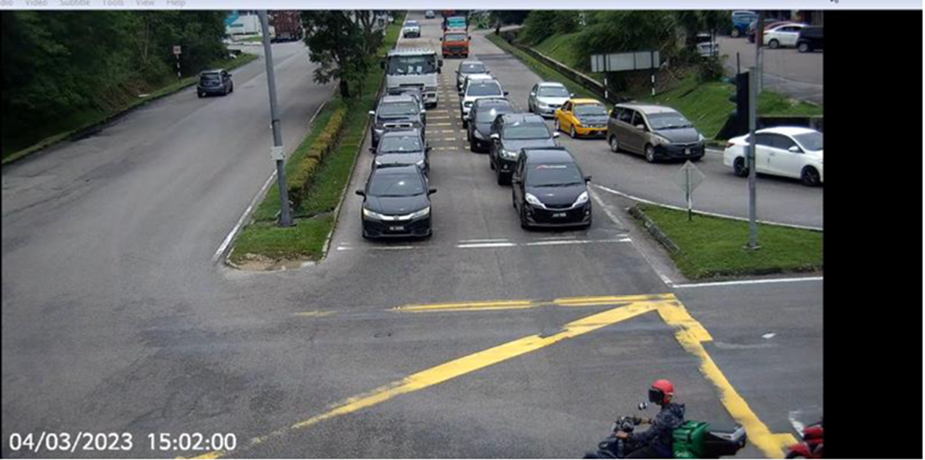
Urbanization Challenges in Malaysia
Transportation is a symbol of national modernization and the engine to drive economic activities more efficiently and living standards more civilized. In contemporary Malaysia, rapid urbanization poses significant challenges to transportation systems. The burgeoning urban population has led to increased traffic congestion, longer commute times, and heightened pressure on transportation infrastructure. Efficient traffic management and the need for sustainable solutions are paramount to address these challenges.
Intelligent transportation system (ITS) therefore is suggested to transform traditional transportation to become more responsive to dynamic status and environment by digitalized IoT, edge computers, and the capability of AI analysis. The mission of ITS development is to deliver efficiency, safety, and management. In the rapidly urbanizing landscape of Malaysia, traffic management has become a critical challenge for cities. To improve efficiency and for better traffic management in the city of Johor Baru, LED Vision Sdn Bhd, a professional and experienced player in the traffic industry, and HwaCom System, a reliable network management solution provider, have joined forces to provide its cutting-edge intelligent transportation with resilience of protection to support the city in smart management.
Harnessing the capabilities of HWACom’s Cyber Monitor system, the intelligent transportation system of LED Vision has redefined traffic optimization with Cyber Monitor’s protection to ensure the digital-based transportation system operates without risk of downtime.
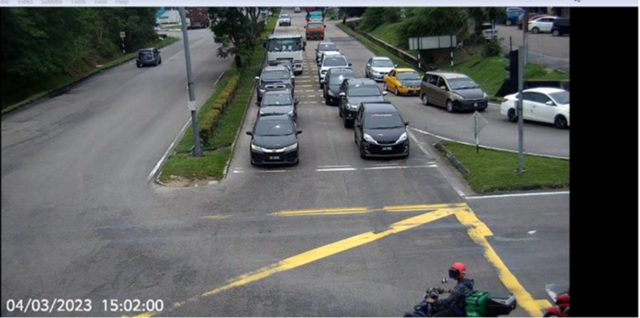
CTi Traffic Solution: Understanding the Transformative AI-powered Solution
Led Vision has a proven track record in traffic transportation systems. Its CTi traffic solutions aim to transform traffic management by providing a tailor-made, multi-junction A.I. solution. It empowers traffic junctions to perceive, visualize, analyze, decide, and collaborate effectively. This innovative solution is fueled by artificial intelligence, cloud technology, and machine learning, marking a significant advancement in traffic management systems.
The architecture of the solution involves the strategic installation of AI-enabled CCTV cameras and edge mini PCs at critical junctions. These devices, connected through 4G connectivity, collect vital traffic data, including vehicle counting, classification, origin-to-destination patterns, journey time, and waiting time. The solution utilizes this data to optimize traffic movements, adapt to unforeseen events, and provide real-time insights for efficient traffic For instance, that data not only becomes the reference to authority to regulate the traffic policy, but also becomes the fundamental principle for traffic controllers to decide the duration of green light then even for decision to give a green light wave, which is the term of several traffic lights in green, to digest the heavy traffic efficiently in a set region.
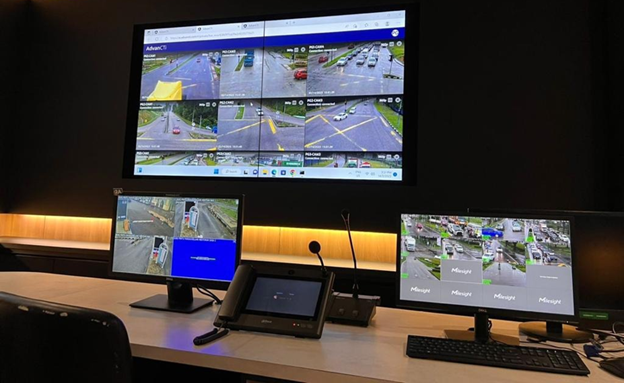
Deployment in Johor and Addressing Challenges
The deployment of the ITS in Johor was undertaken to address specific traffic challenges in the region. By installing AI-enabled CCTVs and mini PCs at key junctions, the solutions effectively collected comprehensive traffic data. This data was then analyzed to identify traffic flow patterns, peak periods, origin-destination matrices, and green wave strategies, facilitating informed traffic management decisions.
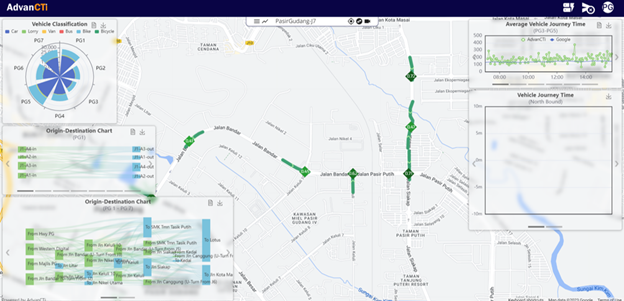
The Future of Intelligent Transportation in Malaysia
The future of intelligent transportation in Malaysia involves embracing cutting-edge technologies to revolutionize urban mobility. Intelligent Transportation Systems (ITS) will play a pivotal role by integrating advanced traffic control, real-time data analysis, and adaptive strategies to optimize traffic flow, reduce congestion, and enhance overall transportation efficiency. In addition, more applications, such as CV2X-based solutions enable the connection between the smart traffic light and vehicles, for instance, smart ambulances would allow ambulance vehicles to receive the priority to pass the junctions for emergencies.
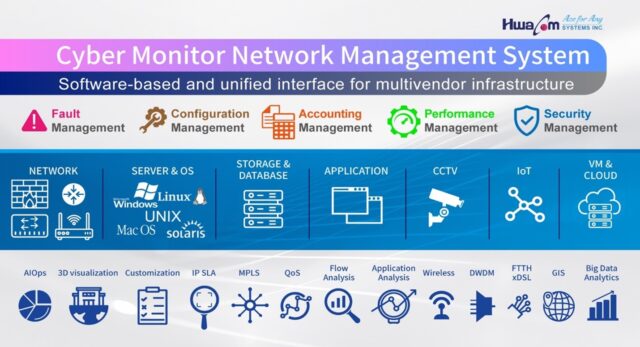
Reinforcing Resilience: HWACom’s Cyber Monitor
The infrastructure of transportation is considered an essential facility because it involves many people’s daily activities. Any downtime in the facility could probably cause an accident and hurt the users. To reinforce the resilience of the ITS, a strategic integration with HWACom’s Cyber Monitor system, a software-based network management system, was executed. This integration significantly bolstered the security and threat detection capabilities within the transportation system. The collaboration showcased a cohesive and robust ITS ecosystem, ensuring uninterrupted and secure traffic operations.
In this case, Cyber Monitor is deployed to monitor those digital IoT devices, edge computers, and traffic light controllers are securely connected. It also monitors the data transmission between the edge devices and the cloud without interruption. Roadside units are usually operating in a rugged environment with high temperatures and humidity. Cyber Monitor can monitor those devices of operation in real-time and notify the administrators in case of any faulty or abnormity, set by threshold. Cyber Monitor prevents the solution from risk by downtime.
The groundbreaking solutions have marked a significant stride in improving urban mobility and traffic management. Together, HWACom and LED Vision Sdn Bhd have not only addressed the urbanization challenges but have also set a promising trajectory for the future of intelligent transportation in Malaysia. This collaboration demonstrates the potential to build smart, efficient, and secure cities for the citizens of Malaysia.


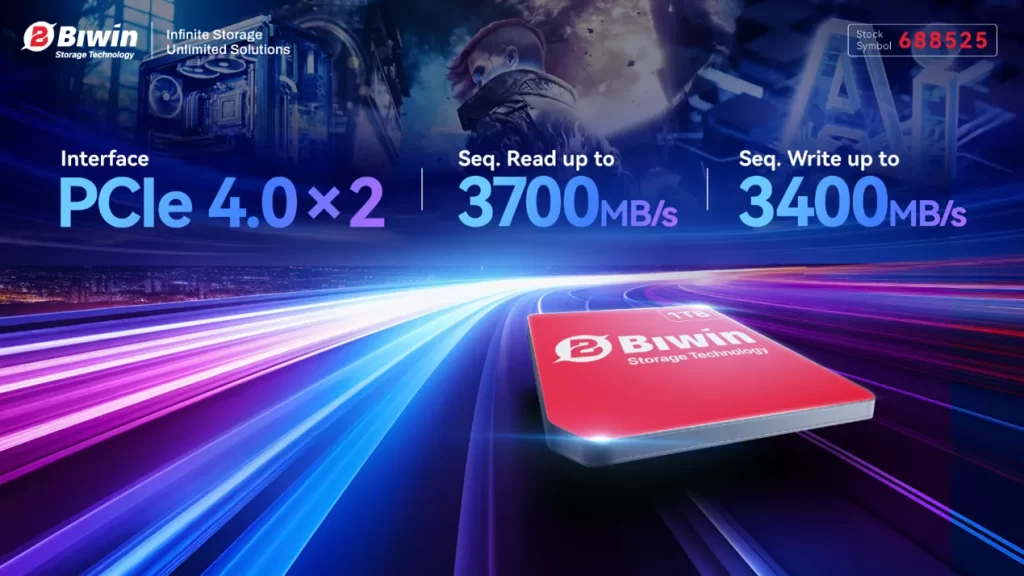


1 thought on “Driving Towards Smarter Cities: Reinforcing Intelligent Transportation Systems – A Case Study with LED Vision”
Comments are closed.